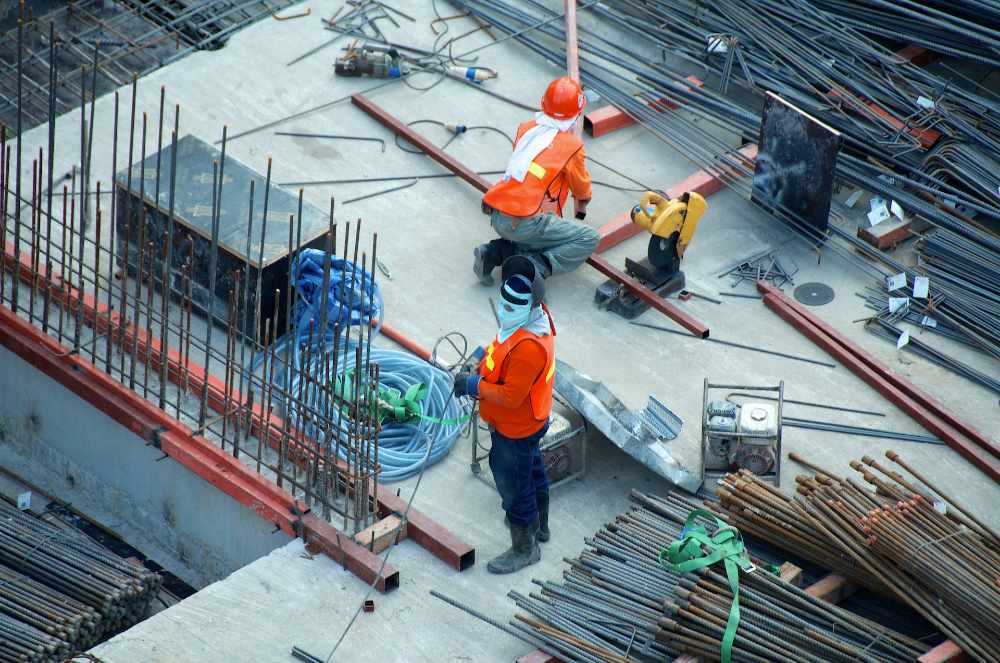Houston’s construction industry is marked by innovation and growth, but it also brings with it the responsibility of ensuring the highest standards of construction quality. For builders in Houston, adopting proactive measures to prevent construction defects is not just good business practice; it’s a legal imperative. The Houston construction defects lawyers urge builders to explore the importance of legal compliance and the proactive steps they can take to avoid construction defect claims.
Compliance with Building Codes and Industry Standards
Understanding Houston Building Codes
Builders in Houston must be well-versed in the local building codes that govern construction projects. Familiarity with the Houston Building Code ensures that structures meet the minimum safety and quality standards mandated by the city.
Adherence to Industry Standards
Beyond local building codes, builders should stay informed about industry standards relevant to their specific construction projects. Whether it’s residential, commercial, or industrial construction, aligning with recognized industry standards contributes to the overall quality and durability of the structures.
Proactive Measures to Avoid Construction Defects
Comprehensive Planning and Design
Begin with a solid foundation by investing time and resources in comprehensive planning and design. Engage with architects and engineers who are familiar with Houston’s unique environmental and structural challenges. A well-thought-out design can prevent issues down the line.
Quality Materials and Workmanship
Choose high-quality materials and skilled labor. Cutting corners on materials or workmanship can lead to structural deficiencies and construction defects. Prioritize the use of reputable suppliers and contractors to maintain a high standard of construction.
Thorough Inspection and Testing
Implement rigorous inspection and testing protocols throughout the construction process. Regular inspections can catch potential issues early, allowing for corrections before they escalate into more significant problems. Testing materials for compliance with standards is an integral part of this process.
Documenting Construction Processes
Maintain detailed documentation of all construction processes. This includes design plans, material specifications, and inspection reports. Clear documentation not only aids in quality control but also serves as valuable evidence in the event of a dispute.
Effective Communication with Stakeholders
Open and transparent communication is essential. Builders should keep clients, subcontractors, and other stakeholders informed about project timelines, changes, and any challenges encountered. Clear communication can prevent misunderstandings that may lead to legal disputes.
Risk Management Strategies
Implement effective risk management strategies. Identify potential risks associated with the project and develop plans to mitigate them. This may involve obtaining appropriate insurance coverage, creating contingency plans, and addressing issues promptly as they arise.
Continuous Training and Education
Keep construction teams updated on the latest industry trends, technologies, and best practices through continuous training and education programs. Well-informed teams are better equipped to adhere to evolving standards and regulations.
Houston builders play a pivotal role in shaping the city’s landscape, and with this role comes a responsibility to uphold the highest standards of construction quality. By prioritizing legal compliance with building codes and industry standards, adopting proactive measures, and fostering a culture of quality, builders can significantly reduce the risk of construction defects. Taking these steps not only safeguards against potential legal challenges but also contributes to the overall safety, durability, and success of construction projects in Houston.

